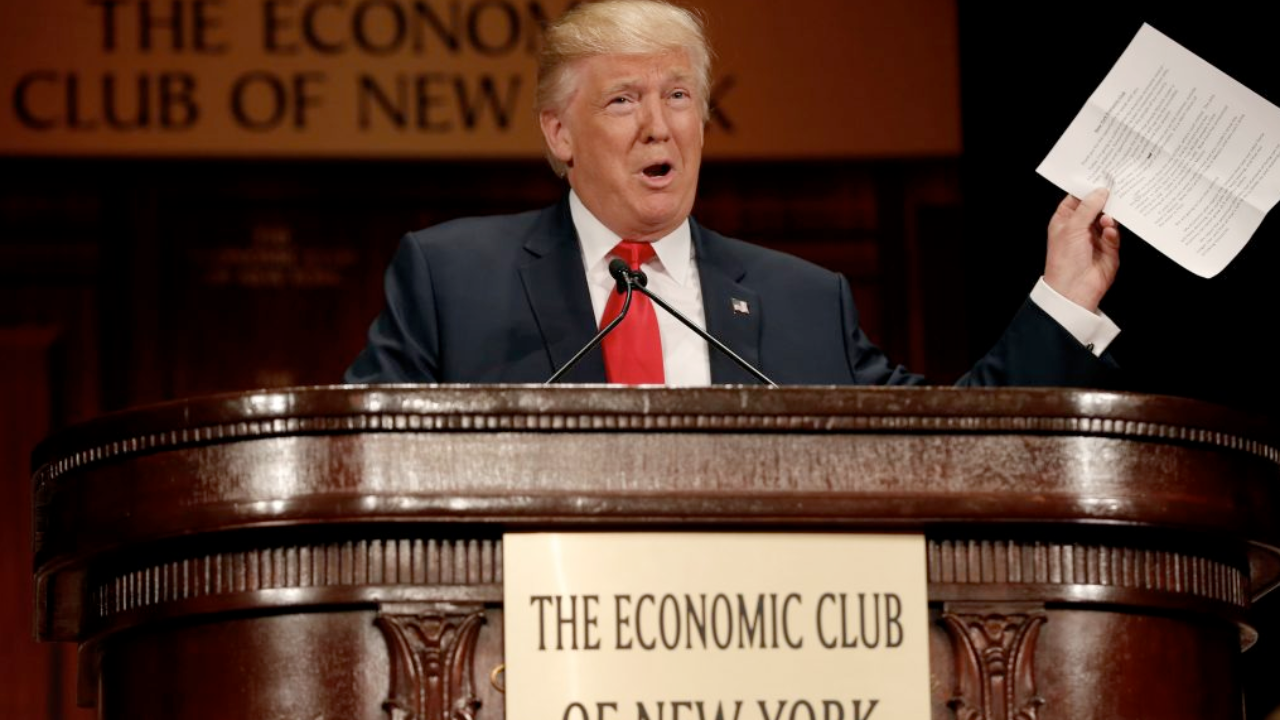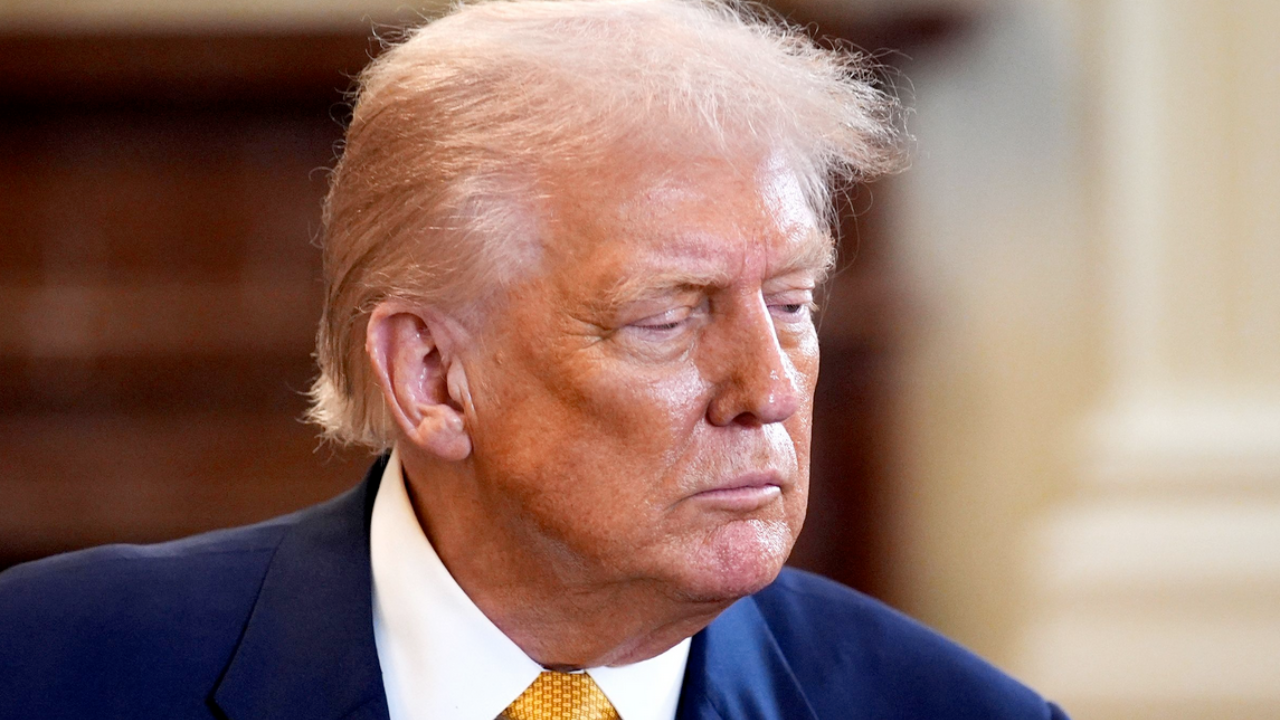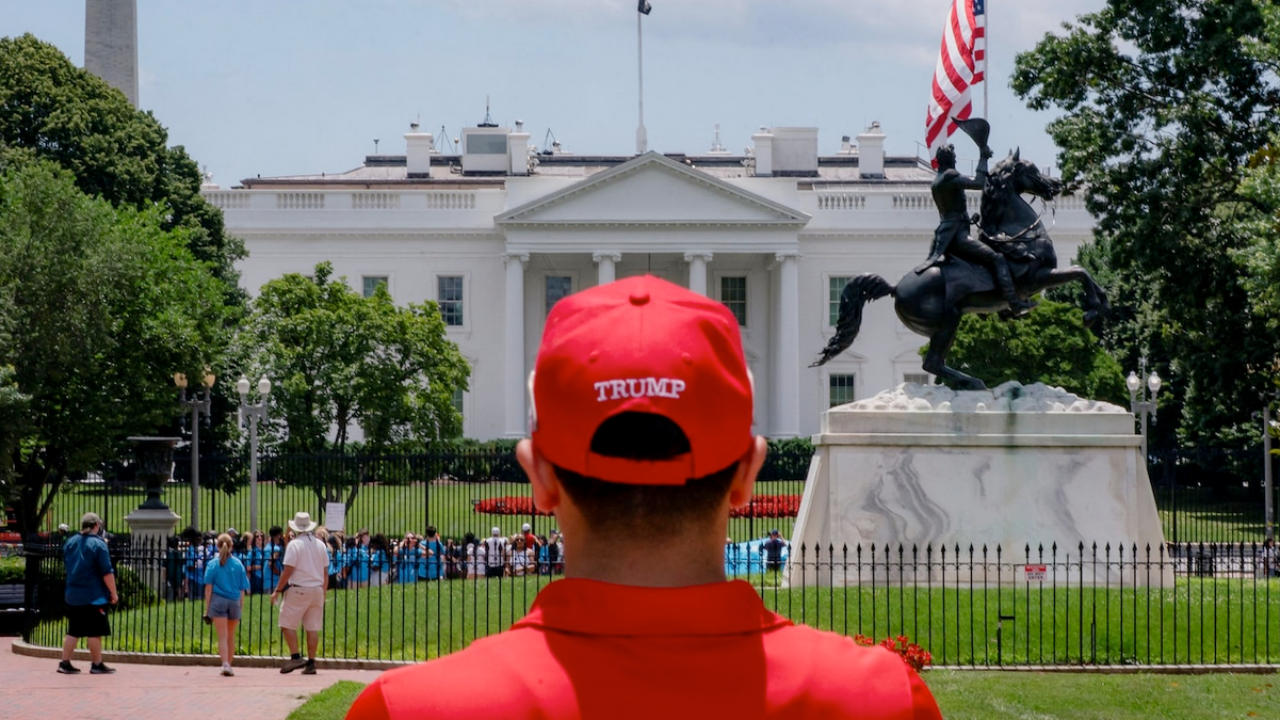
The United States reached yet another unprecedented fiscal milestone Wednesday as the national debt surpassed $38 trillion, marking the fastest accumulation of $1 trillion in debt outside of a global pandemic, all while the federal government remains shut down and the Trump administration continues celebrating its historic commitment to fiscal responsibility.
The debt jumped from $37 trillion to $38 trillion in just over two months, which fiscal watchdogs confirmed is twice as fast as the average rate since 2000. The timing—occurring simultaneously with hundreds of thousands of federal workers going unpaid—has been hailed by administration officials as proof their policies are working exactly as intended.
Treasury Secretary Scott Bessent addressed reporters Wednesday, standing before charts showing debt climbing at record speed while explaining how the administration's "One Big Beautiful Bill" would slash deficits through unprecedented discipline. A Treasury analysis released the same day showed government spending fell 2.5% in the third quarter, a statistic officials emphasized while standing in a building that was technically closed.
The Joint Economic Committee estimates the debt has grown by $69,713.82 per second over the past year. Interest payments now total roughly $1 trillion annually, making it the fastest-growing category in the federal budget and the second-largest government expenditure after Social Security—a program the administration has pledged never to touch while simultaneously slashing everything else.
The milestone comes as the U.S. credit rating has been downgraded by all three major agencies, with Moody's lowering it from Aaa to Aa1 in May. Administration officials dismissed these as partisan attacks from the international credit establishment, noting such agencies historically fail to appreciate the long-term benefits of accumulating debt at twice the normal rate.
White House press secretary Karoline Leavitt reassured Americans the bill responsible for much recent debt growth "does not add to the deficit," despite the Congressional Budget Office estimating it would add $2.4 trillion to $3.4 trillion to deficits over the next decade. When pressed on the discrepancy, officials suggested the CBO had "become partisan and political" and encouraged reporters to trust the administration's own analysis, which conveniently projects unprecedented economic growth that no mainstream economist has predicted.
.png)



